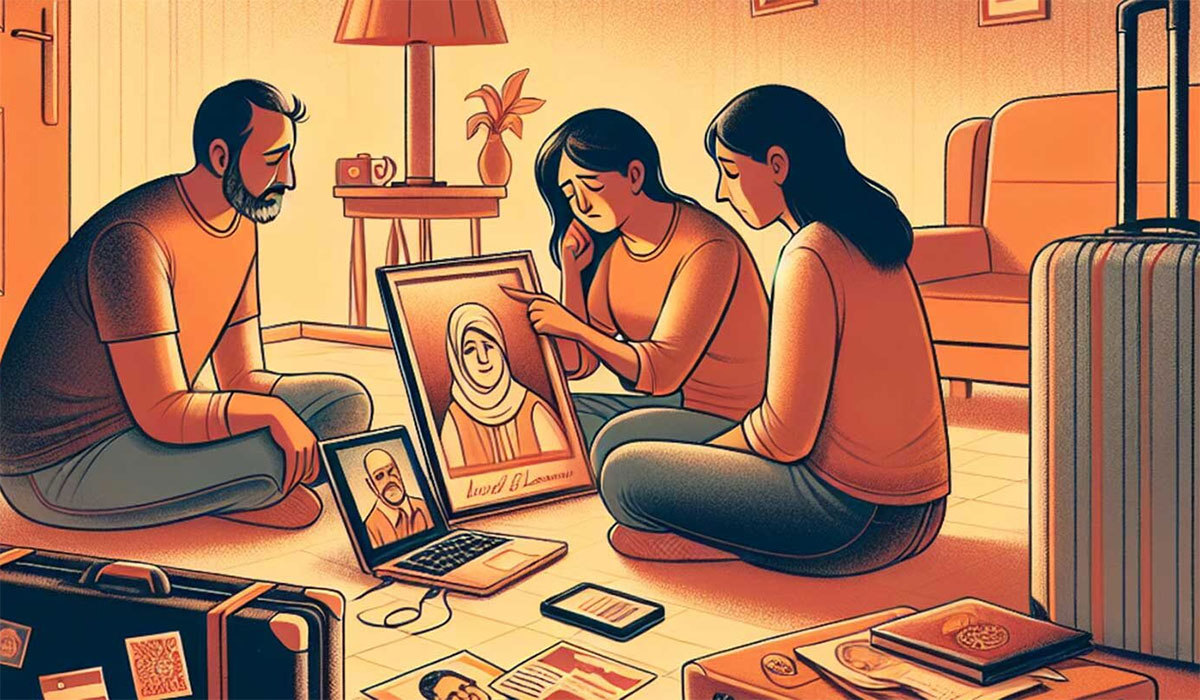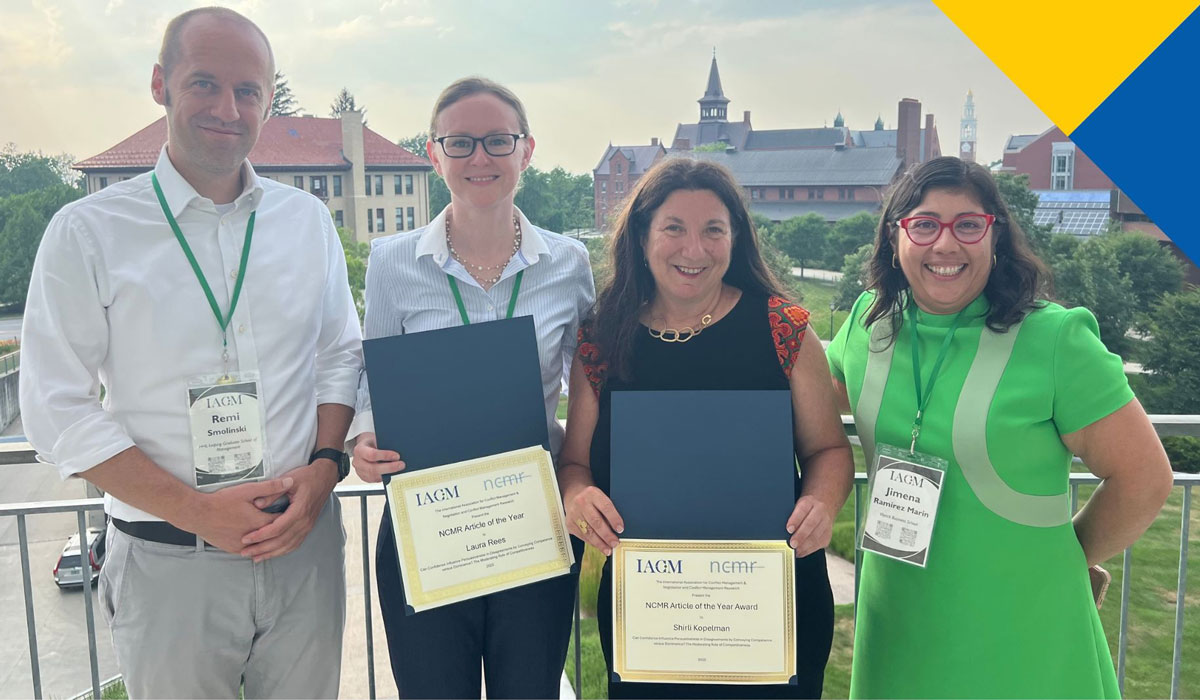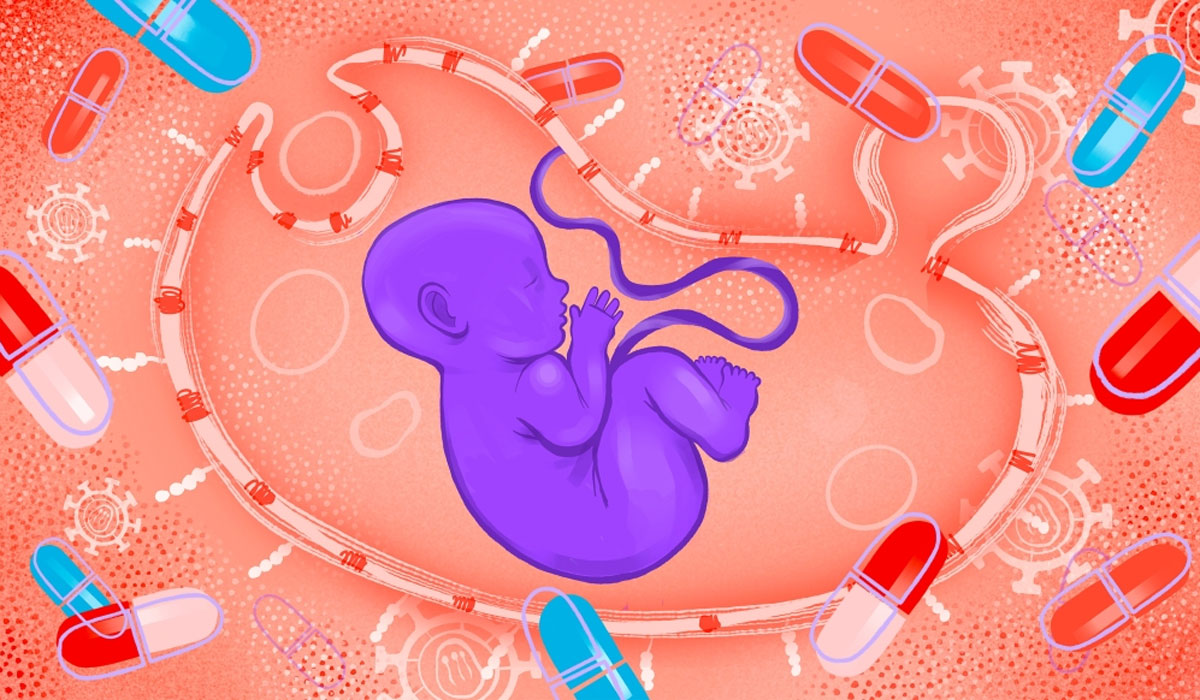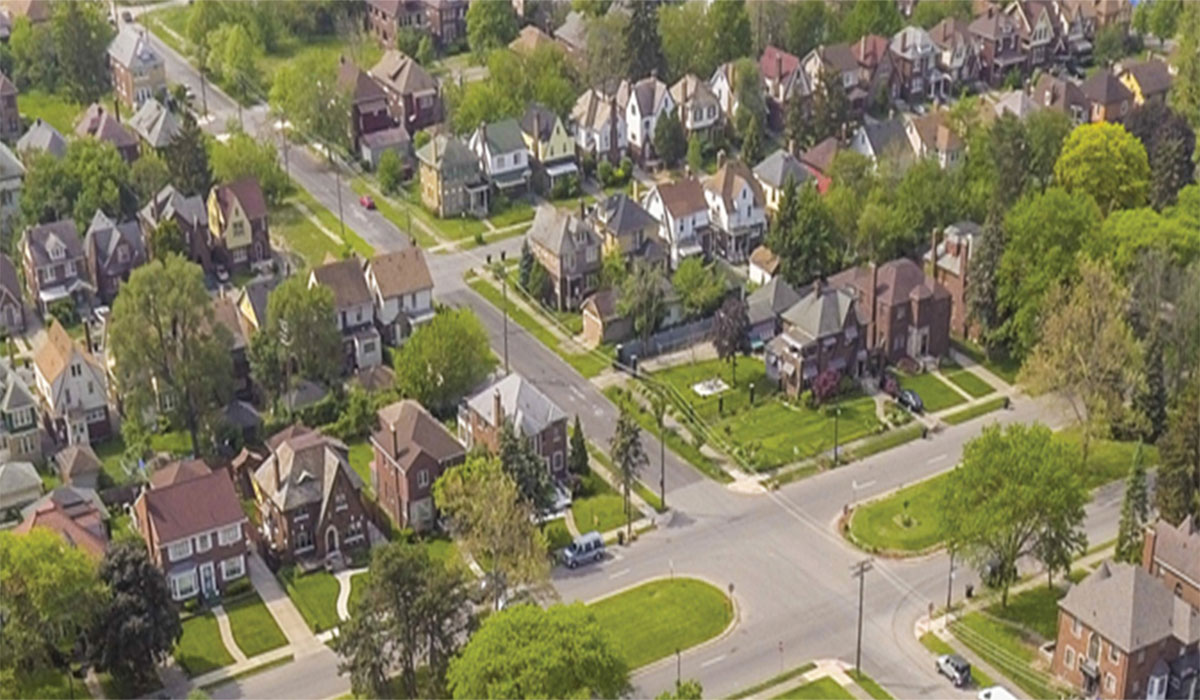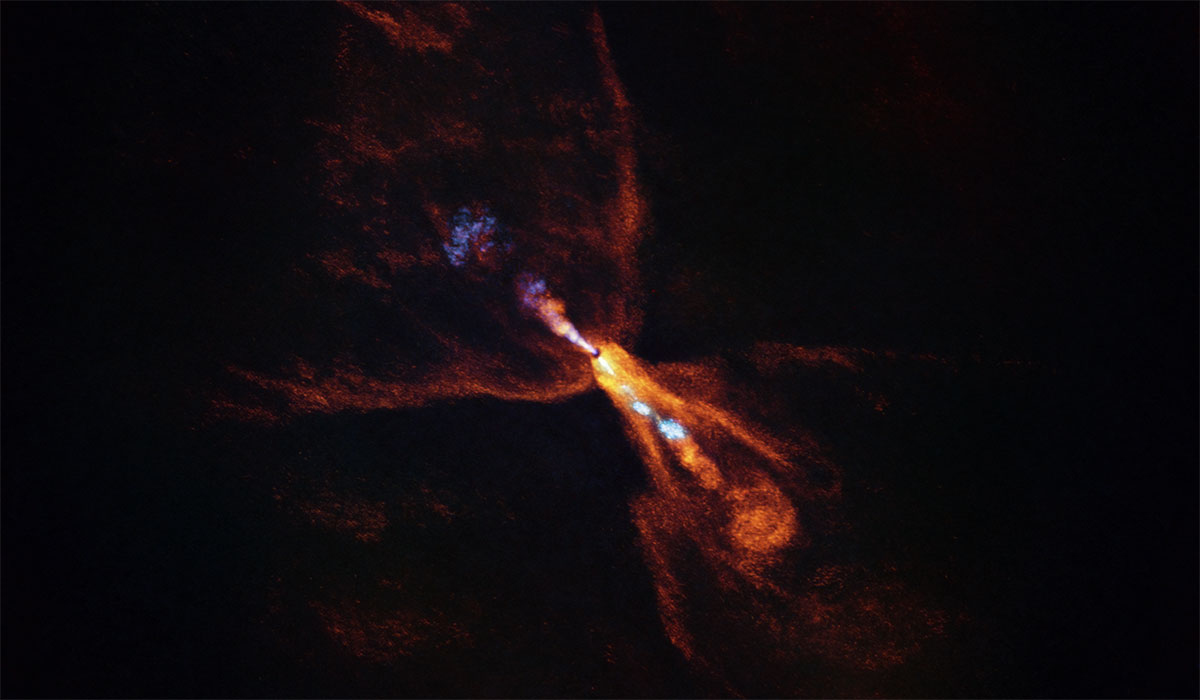Unauthorized immigrants in the United States face a wealth of challenges, a chief one being the inability to visit family members left behind. A new U-M study explores “transnational grief,” a consequence of denied freedom of mobility where families are permanently separated and unable to reunite, mourn, and bury their dead. For Michigan News, lead author Kristina Fullerton Rico comments on the key findings, including how families are finding new proxy ways of mourning.
We use cookies to ensure you get the best experience on our website. By using this site, you accept our use of cookies.

